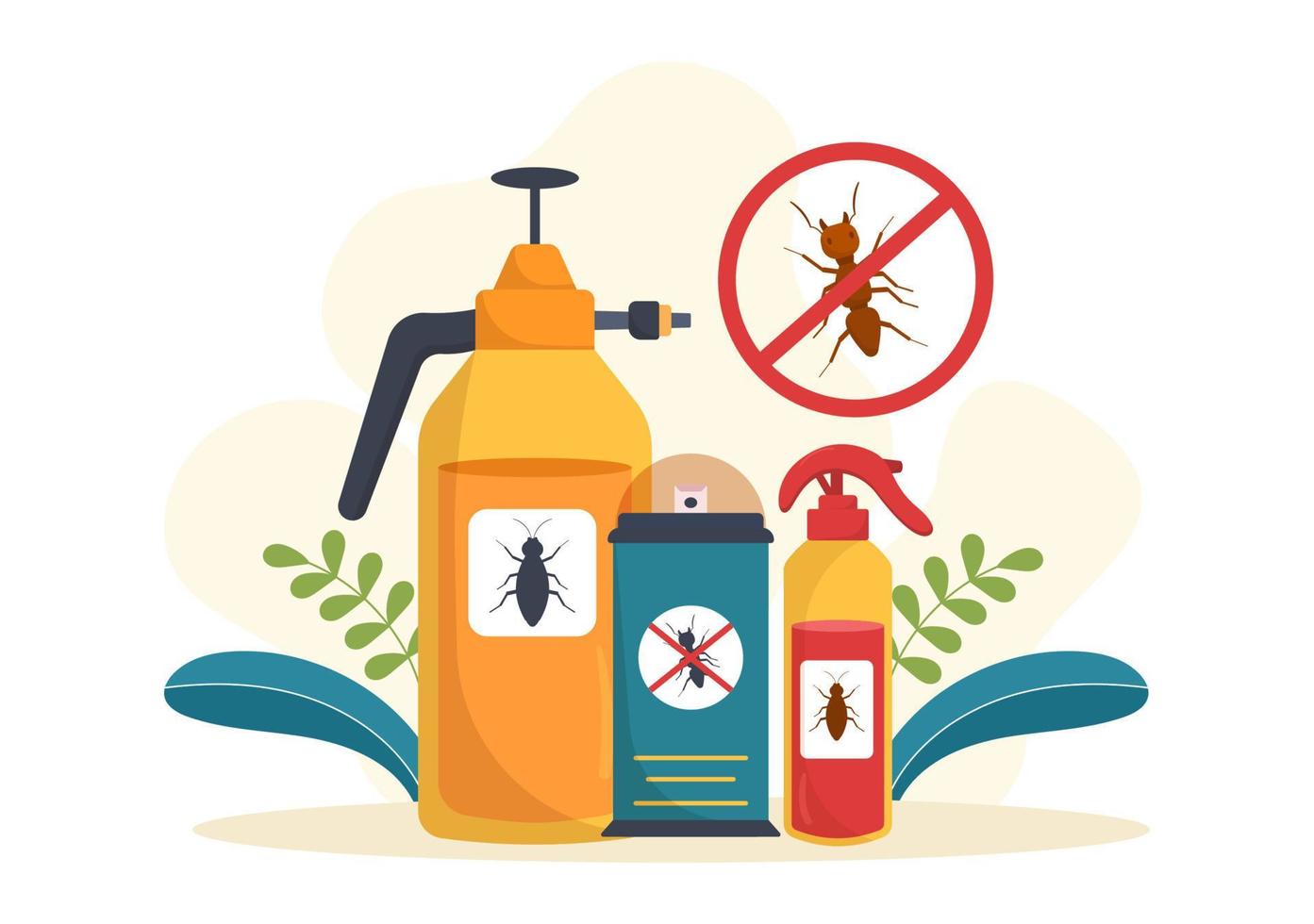As a gardener, a highly rewarding experience is seeing the flora you cultivate flourish and bloom. However, the tranquil charm of a carefully maintained garden can easily be disrupted by the presence of pests. Whether it's those pesky aphids nibbling on your roses or caterpillars the vegetables you grow, being equipped to handle these unwanted visitors is crucial for keeping a healthy garden. In this resource, we'll discuss ways to control pests that safeguard your plants while keeping your garden environmentally friendly.
Understanding the common pests that target gardens and their behavior is the first step in avoiding pest problems. Many gardeners choose nature-friendly pest control solutions that are non-toxic for both the flora you tend to and helpful insects. By putting into practice the appropriate techniques, you can enjoy the aesthetic appeal of your garden without the fear of pests infiltrating. In the next chapters, we will explore various methods to ensure your plants are healthy and thriving, guaranteeing your garden remains a source of joy season after season.
Important Pest Prevention Tips for Gardeners
To cultivate a vibrant garden, it is important to utilize effective pest control strategies that protect your flora while reducing impact to the ecosystem. Commence by inviting beneficial insects such as ladybugs and lacewings, which instinctively fight against typical pests. Sowing flowers like calendula and nasturtiums can attract these allies and provide a organic balance. Additionally, consider incorporating companion planting, where specific plants are grown closely in proximity to discourage specific pests.
Regular inspection of your crops is vital for prompt identification of pest problems. Check your garden frequently for signs of pest presence, such as eaten leaves or faded foliage. Immediate action can stop a small problem from escalating into a larger one. If you spot pests, use a gentle soap solution or neem oil as a eco-friendly treatment option. These treatments are potent yet safe for the majority of beneficial insects when administered correctly.
Preventative measures are crucial to keeping pests at bay. Rotating crops each season can interrupt pest generations and lower the risk of pest issues. Additionally, upholding healthy soil through soil enrichment and mulching enhances plants, making them less vulnerable to pest invasions. Confirm that you are irrigating appropriately and only as needed, as overwatering can draw pests like slugs and snails. By implementing Pest Control Queen Creek , you can cultivate a robust and flourishing garden without harmful pests.
Eco-Friendly and Environmentally Friendly Strategies
When it comes to dealing with pest control in your garden, many gardeners are seeking methods that are not only effective but also non-toxic for the environment. One of the simplest ways to avoid pests is to encourage helpful insects that prey on them. Lacewings, hover flies, and parasitic wasps are excellent allies in the fight against typical garden pests. By planting a wide range of blooms and aromatic plants, you can invite these helpful insects and create a stable ecosystem that reduces pest issues.
Essential oils are another effective tool in natural pest control. Oils such as spearmint, lavendin, and tea tree oil are renowned for their pest-repelling properties. Mixing a few drops of these oils with water and a tiny amount of liquid soap can create an effective spray that helps repel unwanted garden visitors. Be careful to apply any spray on a limited area of your plants at first to ensure there are none negative effects. Frequent applications during peak pest season can significantly lower infestations.

Ultimately, incorporating tangible barriers can provide an eco-friendly solution to pest problems. Row covers, mesh, and even basic handpicking can protect your plants free of the use of chemicals. These methods are particularly effective against greater pests like worms and insects. Routine maintenance, such as picking off debris and ensuring plants well-kept, also plays a crucial role in minimizing pest attraction in your garden. Together, these natural solutions can help establish a flourishing garden that continues to be pest-free while being kind on the planet.
Season Prevention Tactics
The spring season is a vital time for pest control, as warmer temperatures awaken dormant insects. To defend your garden, begin by performing a thorough examination of your plants for first signs of pests like whiteflies or worms. You can use organic pest management solutions such as neem oil or biological soaps to handle outbreaks before they escalate. Additionally, ensuring proper plant spacing and establishing adequate air movement can hinder pest growth. Frequently getting rid of debris and dead plant material also contributes reduce likely breeding grounds for harmful insects.
As the summer season rolls in, the temperature brings a fresh set of challenges. Mosquitoes and ants can become especially troublesome during this season. To keep these pests at bay, look into using repellents and traps specifically crafted for them. You can also bring in helpful insects like lACEwings and hoverflies to your garden, as they prey on common pests. Verify that pools of water is removed to reduce mosquito and maintain routine garden upkeep to deter pest infestations.
When fall arrives, pests commence seeking shelter from the cold, making it essential to pest-proof your garden and home. Seal cracks and crevices around windows and doors to block invasion. Within, store food in airtight containers to deter mice and pantry pests. Pay close attention to your garden, clearing spent plants and debris that could attract overwintering insects. By applying these tactics throughout the seasons, you can maintain a healthy garden and safeguard it against unwanted pests throughout the year.
